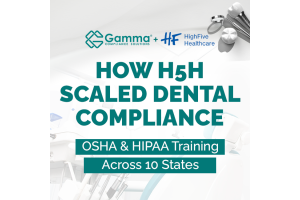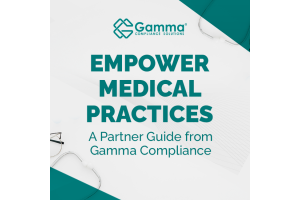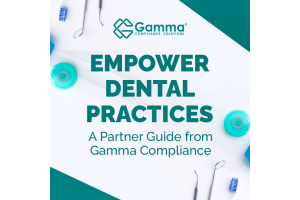Do Supplements Require SDS Sheets? Here's What You Need to Know
If you're in the business of selling or handling dietary supplements, you might be wondering whether Safety Data Sheets (SDS) are required for these products. In this post, we’ll clarify whether supplements need SDS sheets and when you should be concerned about it.
Understanding SDS Sheets and Their Purpose
An SDS is a detailed document that provides information about the safety, handling, and potential hazards of a substance. It's crucial in ensuring safe working conditions and protecting against health risks related to chemicals and hazardous materials. OSHA (Occupational Safety and Health Administration) requires SDS sheets for hazardous substances used in the workplace to inform workers of potential risks.
Are Supplements Exempt from SDS Requirements?
In most cases, dietary supplements are exempt from SDS requirements. Supplements are regulated as food by the FDA, and the Hazard Communication Standard (HCS) set by OSHA typically does not apply to food products. Specifically, according to 1910.1200(b)(6)(vi), food is not subject to the HCS, and by extension, supplements generally don’t need SDS sheets.
This regulation is designed to ensure that products consumed by people as food, including dietary supplements, aren't unnecessarily burdened with extensive paperwork that would apply to chemicals or hazardous substances.
When Would a Supplement Need an SDS?
While the general rule is that supplements do not require SDS sheets, there are a few exceptions. SDSs are required if the supplement itself poses a health hazard. For instance, if a supplement contains ingredients that are toxic, carcinogenic, or can cause serious health risks when ingested in trace amounts, an SDS would be necessary. Cross-contamination risks or improper handling could also trigger the need for an SDS if ingestion of even small amounts could lead to illness.
How to Confirm If an SDS Is Needed
If you're unsure whether a specific supplement requires an SDS, you can always check with the manufacturer or distributor. Most reputable supplement companies will provide clear guidance on whether an SDS is required. If you’re working with a particular product, it’s a good idea to consult the manufacturer or look for the SDS online.
For instance, you may be able to find the SDS on third-party websites or through the manufacturer’s own site. These resources will typically indicate whether an SDS is necessary or if the supplement is exempt from the requirement.
FDA and OSHA Guidelines
To give you further peace of mind, it's important to note that the FDA treats dietary supplements as food products. You can read more about the FDA’s guidelines on dietary supplements here.
Additionally, you can refer to the OSHA regulations on hazardous materials and SDS requirements. According to 1910.1200(b)(5)(iii) and guidelines from OSHA, food products, including dietary supplements, are not subject to the same SDS requirements as chemicals used in industrial applications. You can find more details in the official OSHA guidelines here.
Conclusion
In conclusion, dietary supplements generally do not require SDS sheets, as they are classified as food products by the FDA. However, if a supplement contains ingredients that could pose a health risk, an SDS may be necessary. If you're ever in doubt, check with the manufacturer or distributor to confirm whether an SDS is required.
For businesses dealing with supplements, staying informed about these regulations ensures that you’re compliant and providing your customers with safe products. Always keep the lines of communication open with manufacturers to ensure you have all the necessary documentation for your products.





